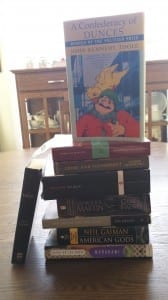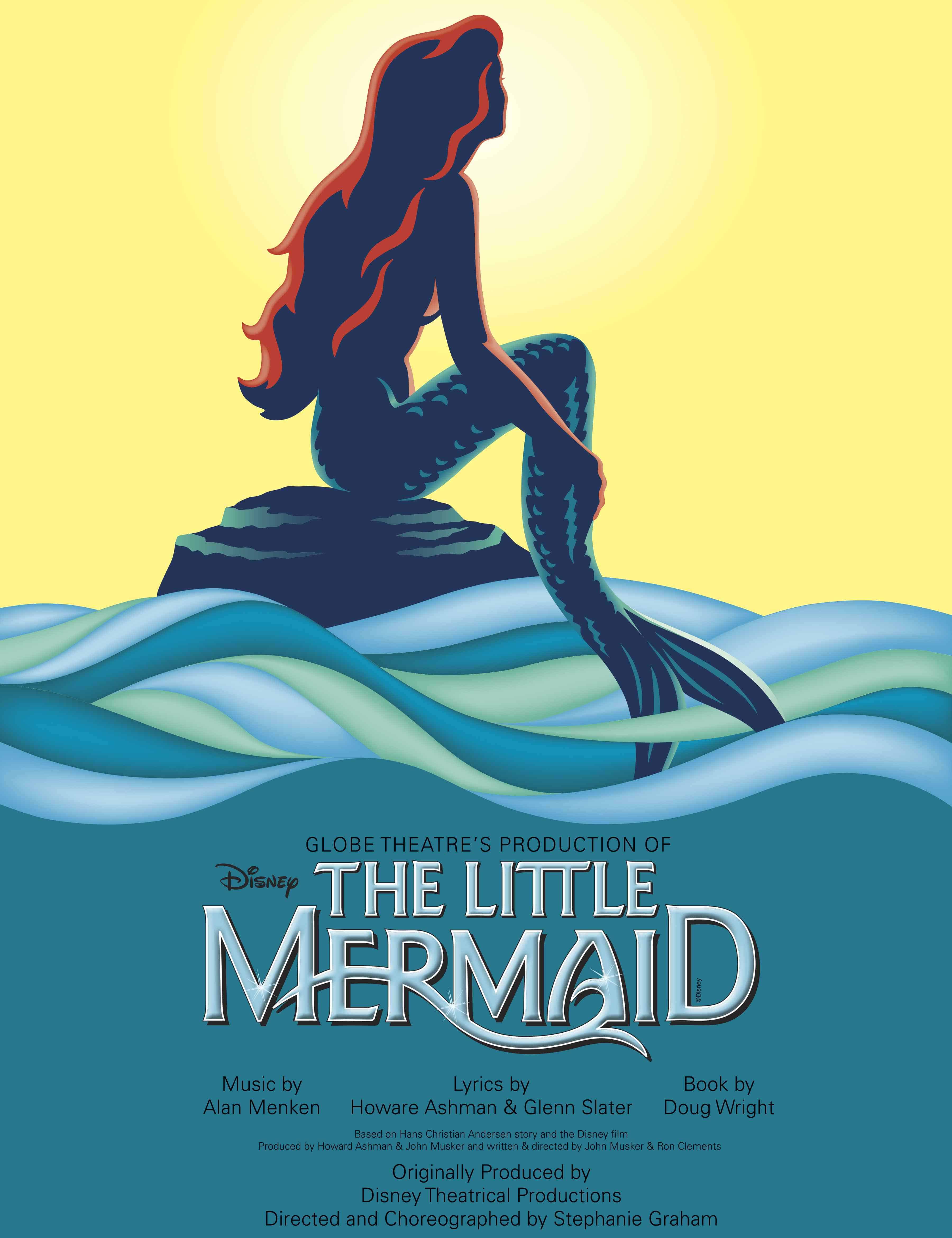A Confederacy of Dunces: The best book of life

A great title for a classic New Orleans books
Author: Liam Fitz-Gerald
Many keen readers have different conceptions of what makes a work of fiction great. Some may be drawn to classic works with thick prose and interesting social commentary, while others may just enjoy sitting back and being entertained—those two features not being mutually exclusive. However, there is one novel that one could make an argument for being one of the best and that is A Confederacy of Dunces, one of only two books by the late Louisiana author John Kennedy Toole.
Originally penned in the 1960s, it took until 1981 for Dunces to reach American audiences. After Toole’s tragic suicide in 1969, his mother convinced academic/writer Walker Percy to help her publish it. Since then, it has won the Pulitzer Prize and been given glowing reviews by The New York Times Book Review, the New York Post, and the Washington Post, and it has been adapted for the theatre with an upcoming version starring Parks and Recreation’s Nick Offerman.
Dunces, set in 1960s New Orleans, follows the adventures of Ignatius J. Reilly, an obese thirty-year old unemployed medievalist with a graduate degree living with his widowed mother and composing his Magnum opus: a work that chronicles how Western society has become worse since the enlightenment. Among Ignatius’ targets are pop culture—everything from Yogi Bear to popular movies—and modern fashion. Ignatius wears his green hunting cap, flannel jacket, and tweed pants for comfort. A keen reader of the medieval philosopher Boethius, and believer in the goddess Fortuna, Ignatius hides in his mother’s house, fearful of the world beyond New Orleans.
One day a series of unfortunate events force Ignatius to gain employment to keep his mother from mortgaging the house. Thus, the reader follows Ignatius’ journey from filing clerk to hot dog vendor as he attempts (reluctantly) to raise the money needed to pay off the fines so they can keep the house.
This book is a joy for many reasons, one being its episodic nature. Like the protagonist of Don Quixote—a work that Dunces is often compared with—Ignatius embarks on several quests, many idealistically, only to find it blowing up in his face. While not having much in the way of plot, Dunces makes up for it as the reader will be keen on figuring out how Ignatius will get out of the mess he’s in.
Another feature that makes Dunces fantastic is the numerous characters populating Toole’s New Orleans, many of whom have subplots of their own in the novel. From Ignatius’ mother, to the bumbling police officer Mancuso, to the sinister bar owner Lana Lee, there is no shortage of individuals who Ignatius encounters on his quests.
All of this captured in Toole’s witty, humorous, and sometimes very blunt prose that is also extremely descriptive and readable. Yet, it’s not simply a “funny” book; it’s really about stepping outside your comfort zone and trying to embrace change for the better. Give it a shot. You’ll love it!










